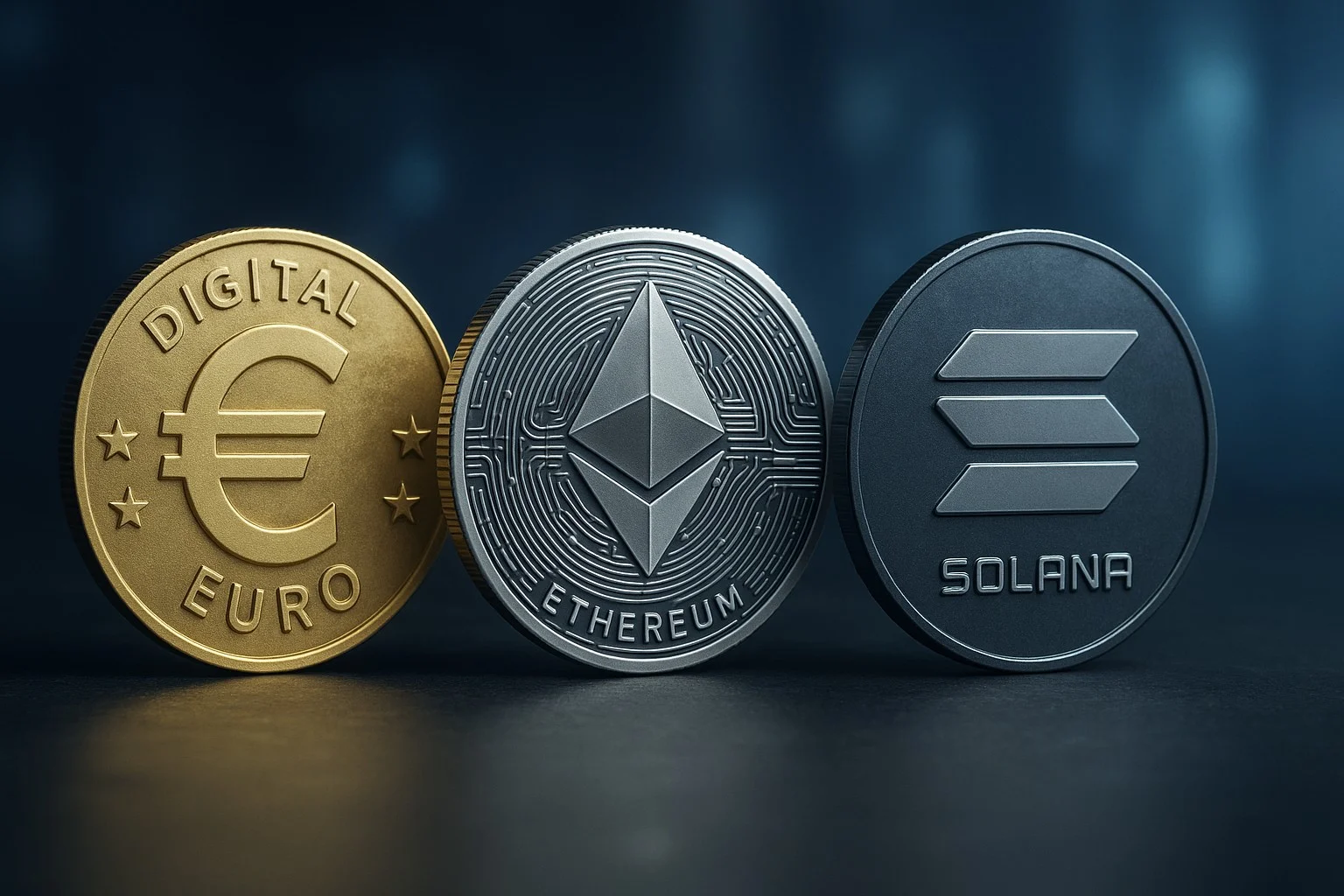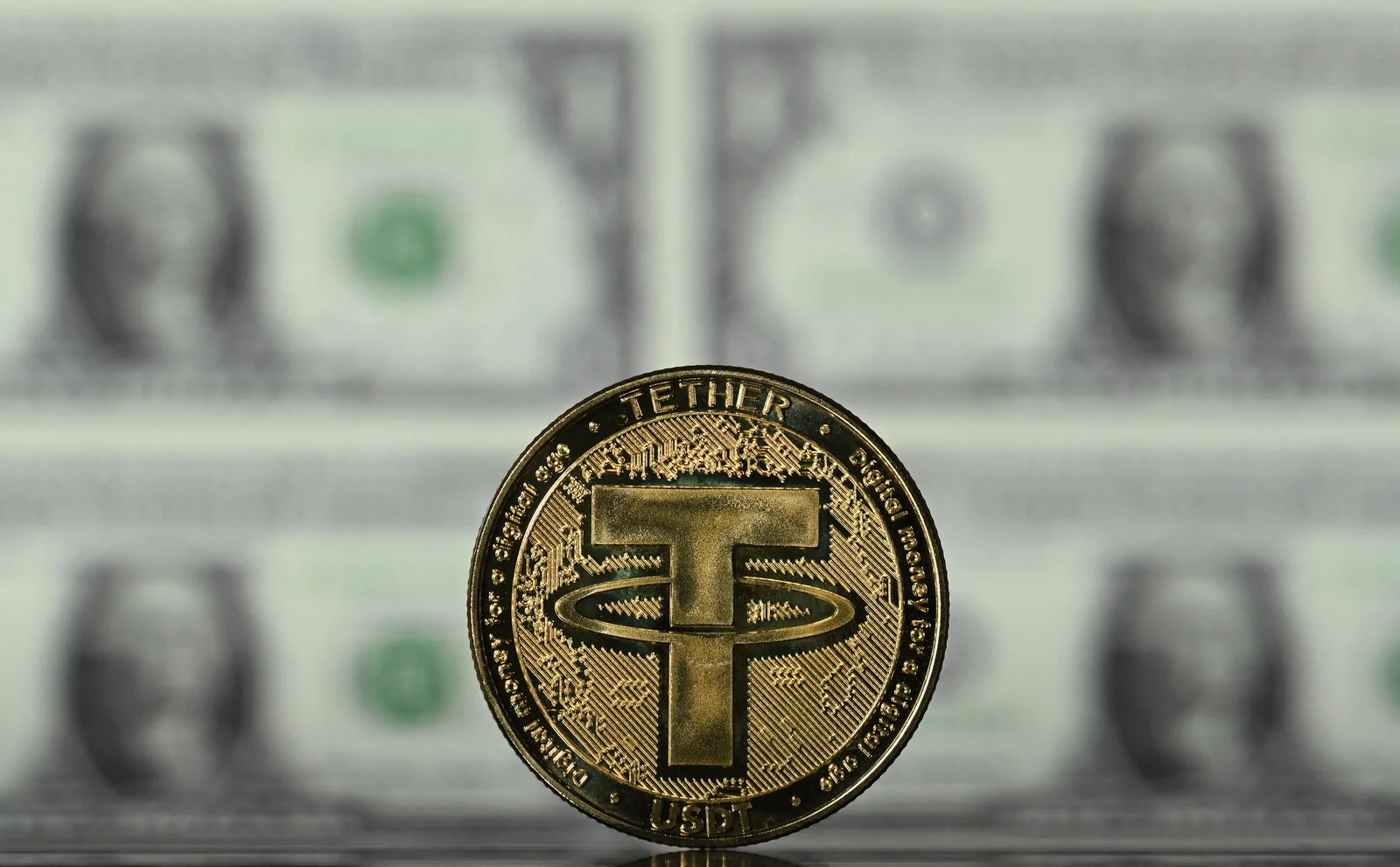The European Union (EU) has decided to accelerate its digital euro project. This move is driven by the recently passed GENIUS Act in the US, which provides full legal clarity to the $288 billion stablecoin market. This development from Washington has prompted the European Central Bank (ECB) to rapidly revise its digital euro plans, which it has been developing for years.
US move alarms Europe
According to the Financial Times, the GENIUS Act, passed by Congress, has caused significant panic in Brussels. An anonymous EU official stated that the law's approval "shocked many people," and now everyone is saying, "Let's speed up, let's push harder."
The long-discussed digital euro was initially designed to operate on a private system entirely under the ECB's control. However, the US's rapid implementation of the legislation has fundamentally changed European strategy. The idea of running the digital euro on public blockchains like Ethereum or Solana is now on the table.
The possibility of a public blockchain is growing stronger.
The ECB has been cautious about the idea of a public blockchain until now, primarily due to privacy concerns. Every transaction and wallet activity can be transparently viewed on networks like Ethereum and Solana. However, with trillions of dollars worth of dollar-pegged tokens from US-based giants like Circle and Tether dominating the market, it's believed the EU should also look to a similar solution that can be used globally.
An EU official told the FT that the public blockchain option is now being "considered much more seriously." If the ECB opts for a private system, the digital euro would be more similar to China's central bank digital currency (CBDC) model. If a public blockchain is chosen, this step would bring Europe closer to the US dollar-based stablecoin ecosystem.
The Euro's Global Role at Risk
ECB Executive Board Member Piero Cipollone stated in April that the US's stablecoin moves threatened Europe's financial position. He warned that this could lead to a "shift of euro deposits to the US" and an increase in the use of dollars in international payments. Cipollone stated that "Europe cannot afford to be overly dependent on foreign payment solutions" and emphasized the need to accelerate efforts towards a digital euro.
Currently, the largest euro-pegged stablecoin in the market is Circle's EURC token. However, its market capitalization is only around $225 million. By comparison, the total value of dollar-pegged stablecoins is in the hundreds of billions of dollars. This imbalance is seen as one of the biggest threats facing the ECB.
Banks Are Also Getting Involved
Large banks in the US, such as JPMorgan and Citi, are also preparing their own digital token projects. This represents steps that will further increase the dollar's dominance in global markets. However, Europe is concerned that this trend will harm its own financial system. ECB officials say they are still evaluating various options for the digital euro. The institution's statement stated that "various technologies, including centralized and decentralized systems, are being examined." While a final decision has not yet been made, it is now clear that public blockchain solutions like Ethereum and Solana are serious candidates.




